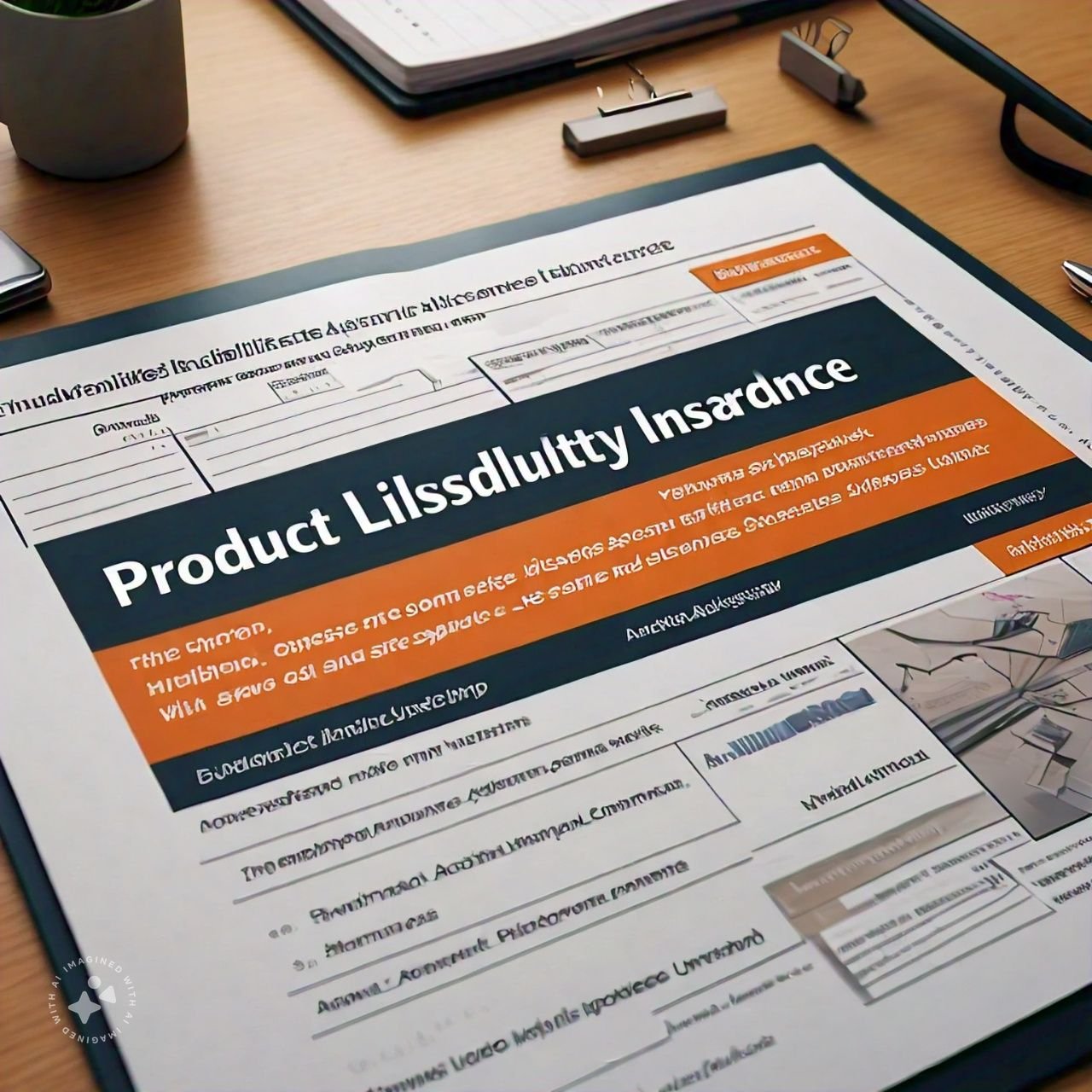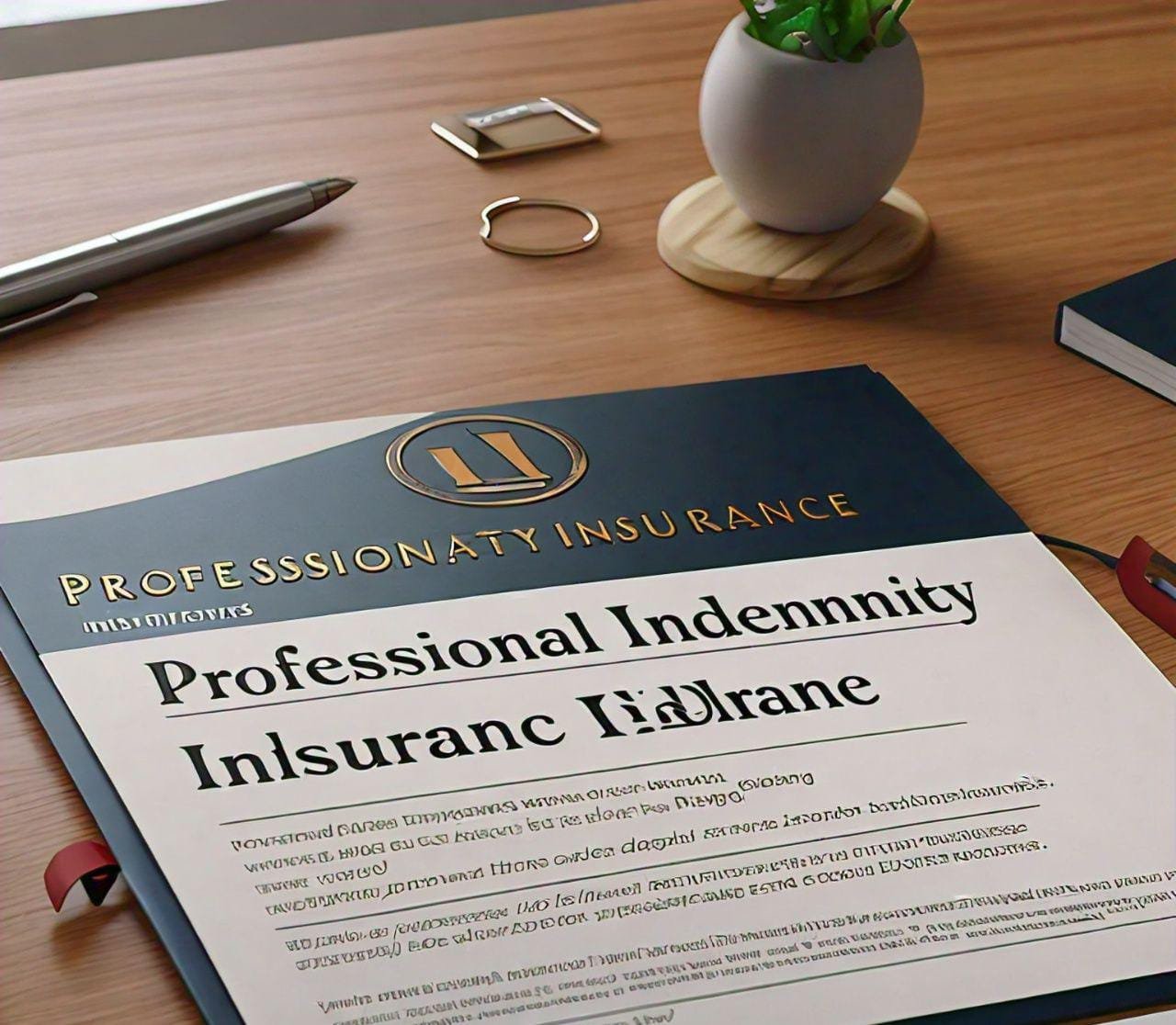The Ultimate Safety Net: Understanding Umbrella Insurance
As we navigate the complexities of life, we often take steps to protect ourselves and our loved ones from unexpected events. We purchase health insurance to cover medical expenses, auto insurance to protect against accidents, and homeowners insurance to safeguard our properties. However, despite our best efforts, there may be situations where our standard insurance policies are insufficient to cover the costs of a catastrophic event. This is where umbrella insurance comes in—a vital safety net that provides an extra layer of protection against financial ruin.
What is umbrella insurance?
Umbrella insurance, also known as personal umbrella insurance, is a type of liability insurance that provides additional coverage beyond the limits of your standard insurance policies. It is designed to protect your assets, income, and financial well-being in the event of a lawsuit or other financial claim that exceeds the coverage limits of your primary insurance policies.
Think of umbrella insurance as a backup plan that kicks in when your primary insurance policies are exhausted. For example, if you are involved in a car accident and the damages exceed the limits of your auto insurance policy, your umbrella insurance policy would cover the excess amount, up to the policy limits.
How does umbrella insurance work?
Umbrella insurance policies typically work in conjunction with your primary insurance policies, such as auto, homeowners, or renters insurance. When you purchase an umbrella insurance policy, you select a coverage limit, which is usually in increments of $1 million. This coverage limit is in addition to the limits of your primary insurance policies.
This is an illustration of how umbrella insurance functions:
- You have an auto insurance policy with a liability limit of $300,000.
- You were involved in a car accident and were found liable for damages totaling $500,000.
- Your auto insurance policy covers the first $300,000, leaving a shortfall of $200,000.
- Your umbrella insurance policy kicks in and covers the excess amount of $200,000, up to the policy limit.
Benefits of Umbrella Insurance
Umbrella insurance provides several benefits, including:
- Additional Liability Coverage: Umbrella insurance provides additional liability coverage beyond the limits of your primary insurance policies, protecting your assets and income from financial claims.
- Protection of Assets: Umbrella insurance helps protect your assets, such as your home, savings, and investments, from being seized to pay for damages or settlements.
- Peace of Mind: Knowing that you have an extra layer of protection can give you peace of mind, especially in situations where you may be at risk of being sued.
- Flexibility: Umbrella insurance policies can be tailored to meet your specific needs, with coverage limits ranging from $1 million to $5 million or more.
- Affordability: Umbrella insurance policies are often relatively inexpensive, with premiums ranging from $200 to $500 per year, depending on the coverage limit and your risk profile.
Who needs umbrella insurance?
While anyone can benefit from umbrella insurance, certain individuals may be more likely to need it, including:
- High-Net-Worth Individuals: If you have significant assets, such as a large home, investments, or savings, umbrella insurance can help protect them from financial claims.
- Business Owners: If you own a business, umbrella insurance can provide additional liability coverage in case of a lawsuit or other financial claim.
- Professionals: Certain professionals, such as doctors, lawyers, and accountants, may be at higher risk of being sued and may benefit from umbrella insurance.
- Parents: If you have children, umbrella insurance can provide additional protection in case of an accident or other event that may result in a lawsuit.
- Homeowners: If you own a home, umbrella insurance can provide additional liability coverage in case of an accident or other event on your property.
Types of Umbrella Insurance Policies
There are two main types of umbrella insurance policies:
- Personal umbrella insurance: This type of policy provides additional liability coverage for individuals and families.
- Commercial umbrella insurance: This type of policy provides additional liability coverage for businesses.
How to Choose an Umbrella Insurance Policy
Take into account the following aspects while choosing an umbrella insurance policy:
- Coverage Limit: Choose a coverage limit that aligns with your assets and income.
- Premium: Compare premiums from different insurers to ensure you are getting the best value.
- Deductible: Check the deductible amount, which is the amount you must pay out-of-pocket before the umbrella insurance policy kicks in.
- Policy Terms: Review the policy terms, including the coverage period and any exclusions or limitations.
- Insurer: Research the insurer’s reputation, financial stability, and customer service.
Conclusion
Umbrella insurance is a vital safety net that provides an extra layer of protection against financial ruin. By understanding how umbrella insurance works and who needs it, you can make an informed decision about whether this type of insurance is right for you. Remember to carefully review policy terms, coverage limits, and premiums to ensure you are getting the best value. With umbrella insurance, you can enjoy peace of mind knowing that you have a backup plan in place to protect your assets, income, and financial well-being.










